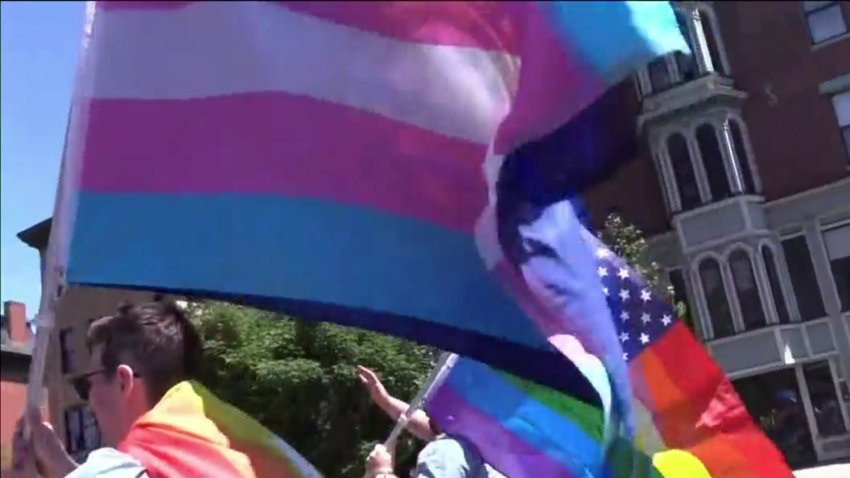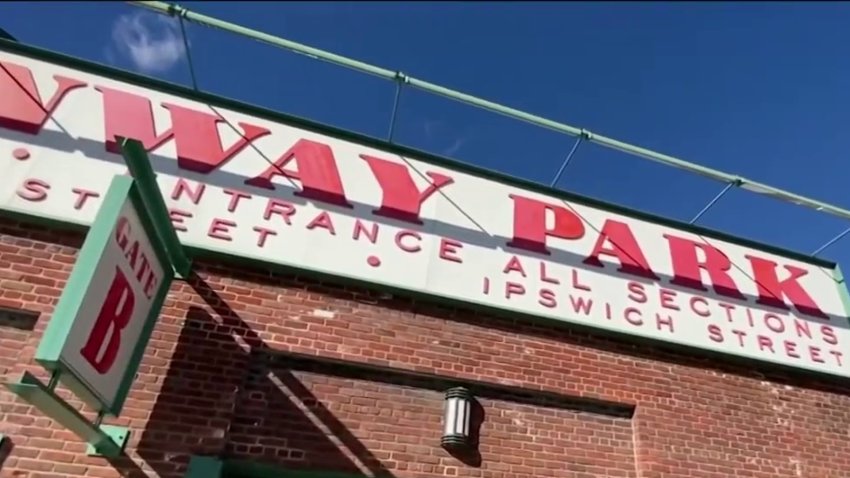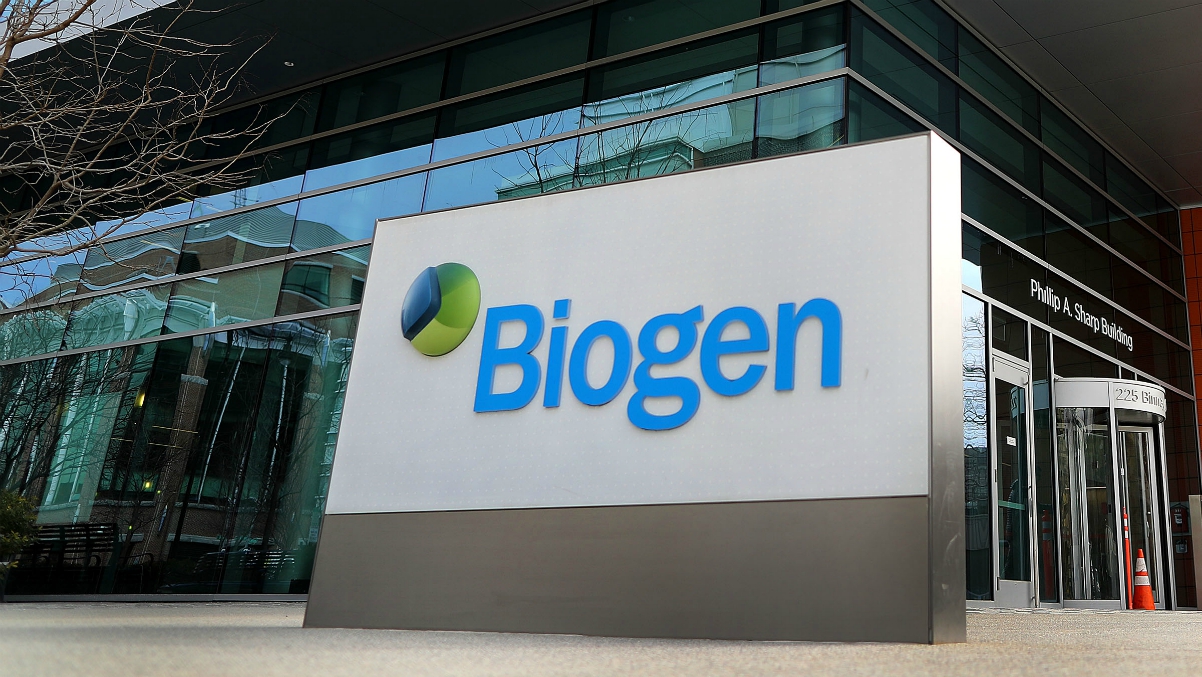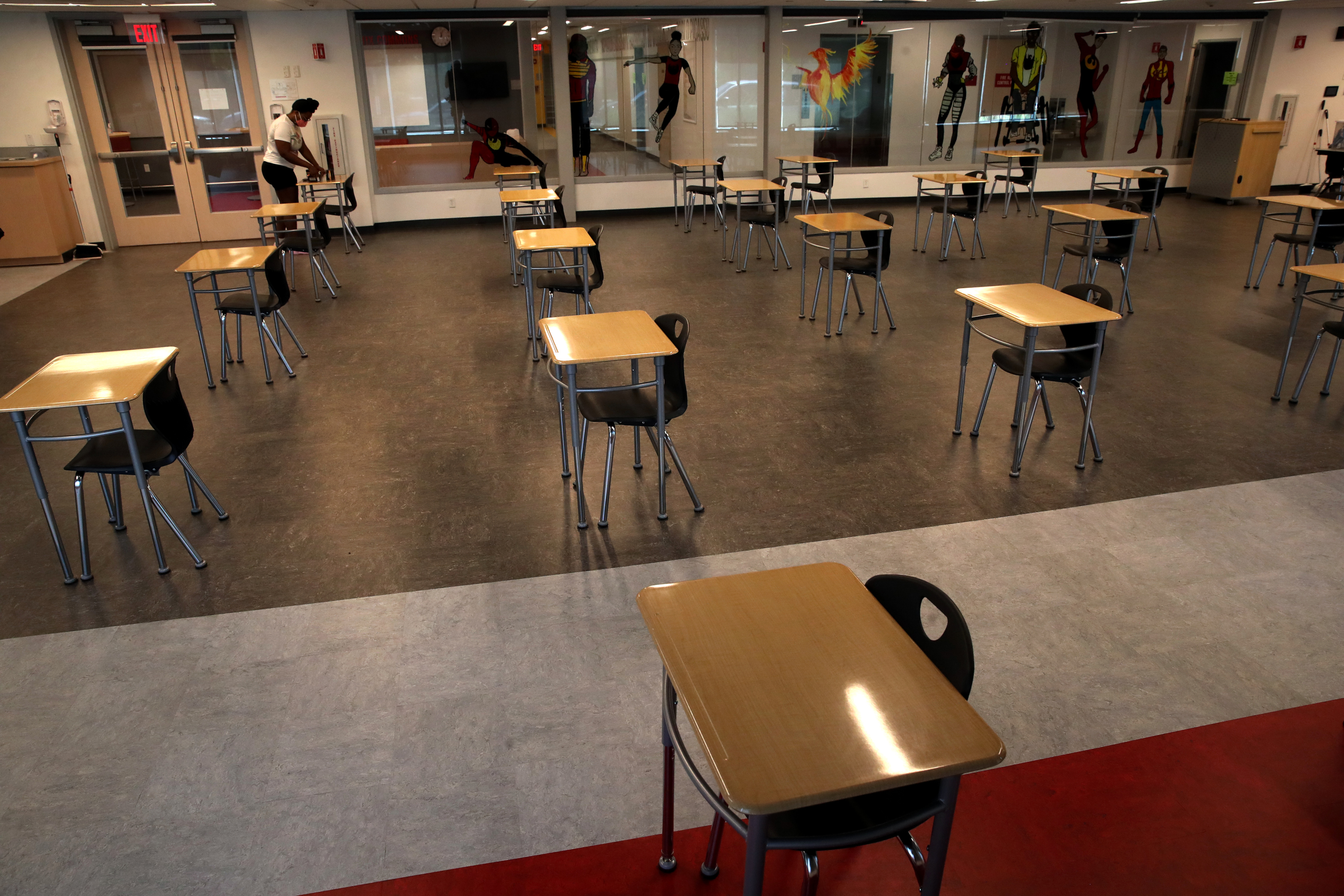With $435 million in federal funding going to Boston in the COVID-19 relief package, Rep. Stephen Lynch is criticizing service cuts to the MBTA.
Relief funds from the recently passed American Rescue Plan will go toward bolstering Massachusetts' COVID-19 vaccination program and public transportation as well as assisting communities hit hardest by the pandemic, Rep. Stephen Lynch said Monday.
In a press conference at Boston's Faneuil Hall, Rep. Stephen Lynch said municipalities that have struggled during the pandemic -- including those with large minority populations -- would be prioritized in the delegation of the relief funds. Communities with high rents, such as Boston, would be prioritized when it comes to rental relief.
WATCH ANYTIME FOR FREE
Stream NBC10 Boston news for free, 24/7, wherever you are. |
The state and local governments in Massachusetts stand to receive $8.1 billion in the stimulus and spending bill that President Joe Biden signed into law last Thursday, with Boston expected to receive $434.68 million.
Breakdowns provided by U.S. Senate Democratic leadership show the levels of aid expected for states, counties and municipalities under the $1.9 trillion legislation known as the American Rescue Plan. According to those estimates, state government aid for Massachusetts clocks in at just over $4.5 billion, with $1.71 billion for the 37 communities that receive direct Community Development Block Grant awards and a total of nearly $368 million for the state's other 314 municipalities. The legislation also allocates aid for the 14 counties of Massachusetts, a total of nearly $1.337 billion.
Get updates on what's happening in Boston to your inbox. Sign up for our News Headlines newsletter.
Lynch said nearly a billion dollars would go towards shoring up the public transportation system, including the MTBA.
Lynch, sharply criticizing the MBTA's service cuts, said lawmakers expect funds directed to the agency to be used to protect employees from COVID-19, prevent layoffs and keep services up and running.
"We're providing taxpayer money to the MBTA to provide services to the taxpayer," Lynch said. "So we are in total opposition to the reduction of services, to the laying off of employees, or furoughing employees. The whole idea here is to move the country and the state, and our cities and towns, back to a more normal pattern of life."
The cuts, approved in a 3-2 vote by the Fiscal and Management Control Board (FMCB) last year, are aimed at trimming spending in the 2021 fiscal year and taking advantage of the significantly lower ridership numbers amid the coronavirus pandemic.
Lynch said the law seeks to address populations that "are not receptive to the vaccine" by including messaging campaigns to increase confidence in the shots.
Meanwhile, Boston Mayor Marty Walsh at the press conference urged Bostonians to stay vigilant despite positive signs in the city's battle against the pandemic.
"With more people getting vaccinated, students returning back to the classroom and restaurants resuming outdoor service, the light at the end of the tunnel is groeing bigger and brighter every day," Walsh said. "But we still have a long road to go for recovery."
The remarks come after Walsh last week urged residents to "double down" on social distancing practices and regularly get tested for COVID-19 to prevent cases from spiking as warmer weather takes hold this spring.
Walsh announced Friday that Boston's outdoor dining program will begin on Monday, March 22 -- 10 days earlier than had originally been planned due to the weather forecast.
This excludes the North End, which will resume outdoor dining on April 1. Officials say this will give the bustling neighborhood more time to prepare.

The city earlier this month moved into a modified version of the state's Phase 3, Step 2, with some industries able to reopen up to 50% capacity and restaurants no longer having to cap the number of people inside at one time. However, restaurant tables still need to be six feet apart and no more than six people can sit at one table, or for more than 90 minutes.
Under the modified plan, Boston will keep indoor performance venues and "recreational activities with greater potential for contact" closed until March 22, despite Gov. Charlie Baker giving the green light for those activities to resume. Musical performances in restaurants will also be off the menu until March 22.

If coronavirus metrics keep falling, Baker plans to move to Phase 4, Step 1 on March 22. That's when large indoor and outdoor sports venues, like Fenway Park and TD Garden in Boston, would get the green light from the state to admit fans up to 12% of their capacity.
Boston hasn't committed to joining Massachusetts in Phase 4, Step 1 of the reopening plan on March 22. Instead, city officials will continue to monitor the data to see if it's safe to follow suit that day.
Walsh is in the middle of the confirmation process for his nomination as U.S. secretary of labor. He had his confirmation hearing two weeks ago and his nomination was advanced by the committee last week, though he still must be confirmed by the full Senate.



